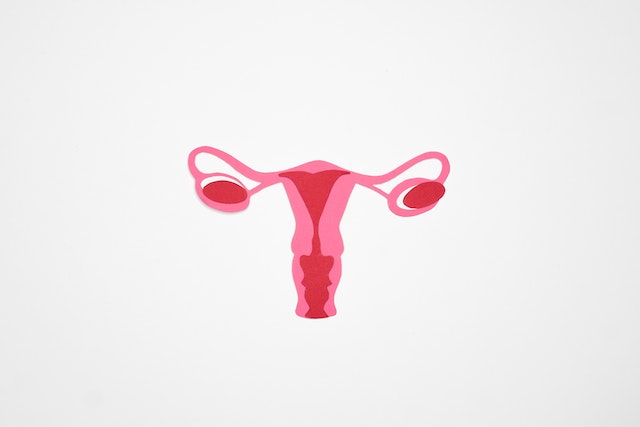Hey there! This post may contain affiliate links. As an Amazon Associate, I earn a teensy commission from qualifying purchases when you buy through these links (at no additional cost to you). For more info, please check the full disclaimer.
A 2022 study published in Discovery’s Edge by Mayo Clinic discovered a link between the surgical removal of both ovaries in women and a higher risk of developing symptoms of Parkinson’s disease later on in life.
According to the study, scientists found that around 2750 women who had undergone ovarian removal surgery before reaching the age of 43 years had one more patient experience Parkinson’s symptoms as compared to 2749 women who didn’t undergo this surgery.
Ovaries are important organs of the female reproductive system, responsible for producing estrogen and progesterone hormones. Besides, they produce eggs needed for menstruation and fertility. Surgical removal of ovaries becomes necessary if the patient has severe form of endometriosis, cysts, ovarian twists, or ovarian cancer. After the surgery, there may be a hormonal imbalance which is usually countered by etsrogen therapy, typically a choice in perimenopause phase.
On the other hand, Parkinson’s is a debilitating neurological disease that causes nervous dysfunction. If a woman’s body has low estrogen, there may be a higher risk of nervous issues, such as Parkinson’s.
Once women reach perimenopause stage, it is advised to add more foods with high estrogen to your diet. Additionally, proper reproductive care and early detection of cancer can help you avoid ovarian complications.
Read More: 12 Surprising Signs of Perimenopause








